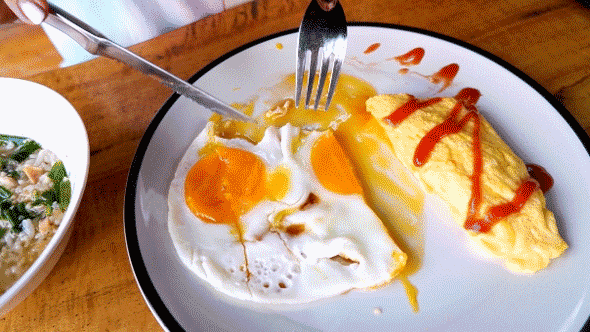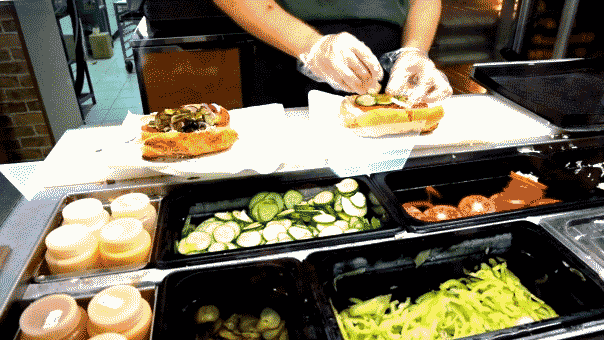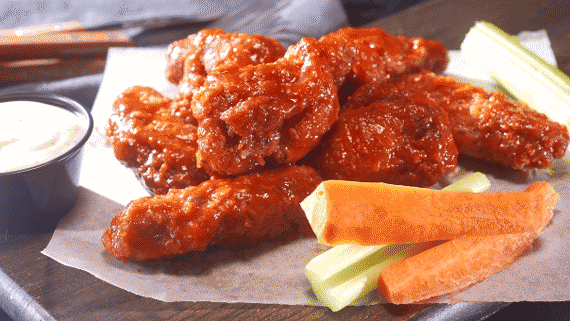This chef likes making lo mein but ordering chow mein
Chef Mike Morales of Sunda New Asian reveals to Fox News Digital why he prefers cooking lo mein but ordering chow mein when dining out.
Lo mein and chow mein are both staples of Chinese food takeout menus. But what's the difference between them?
While the dishes may appear similar — and there are regional variations of both throughout the United States — they are actually quite different in form, structure and method.
The names of the dishes offer the first clue about their differences.
In Chinese, the word "mein" translates to "noodles."
"Chow" means "fried" and "lo" means "tossed." The dishes both have the same egg noodle base, although the noodles themselves are cut differently.
The noodles in chow mein dishes are fried alongside vegetables and proteins — while the noodles in lo mein dishes are tossed with other ingredients and added toward the end of the cooking process.

Chow mein and lo mein are both Chinese food staples in the United States. But there are key differences between the two noodle dishes. (iStock)
"Chow mein is stir-fried – usually with bean sprouts, some sort of protein," Jimmy Liang, a Boston-based chef and restaurateur, told Fox News Digital in a phone interview.
"The noodle itself is crispy," he said.
CHICKEN THIGHS VS. CHICKEN BREASTS: WHICH ARE 'BETTER' FOR YOU? FOOD EXPERTS WEIGH IN
Conversely, lo mein is "just basic egg noodles," Liang said.
They are typically parboiled and added to the pan after the vegetables and proteins have cooked.
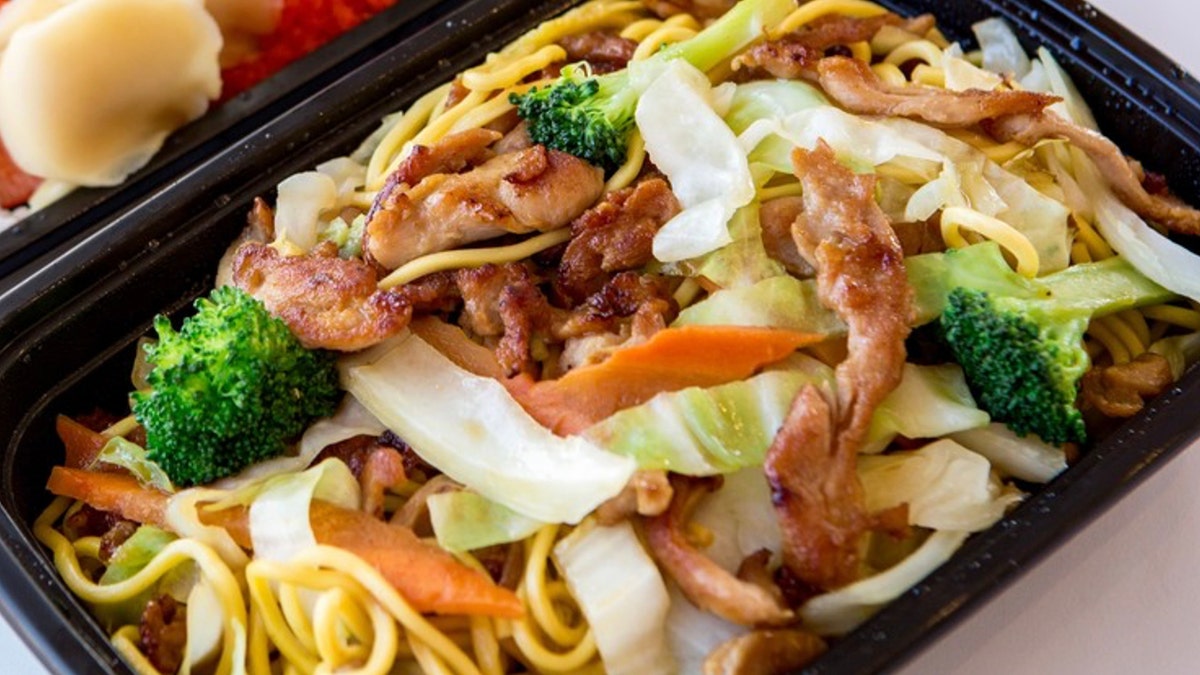
The noodles in lo mein are typically parboiled before being tossed in the sauce, vegetables and proteins just prior to serving. (Fuji)
The noodles used in lo mein are "a little bit thicker" than their chow mein counterparts, Mark Morales, culinary director of Sunda New Asian, told Fox News Digital in a Zoom interview. (See the video at the top of this article.)
These noodles are "about the same size of buactini," said Morales, who is based in Nashville. "And the [noodles used in] chow mein are really thin."
CLICK HERE TO SIGN UP FOR OUR LIFESTYLE NEWSLETTER
Chow mein is often served with a "gravy-type sauce" on top of it.
Lo mein, however, "is more your traditional noodle dish that soaks up all the sauces."
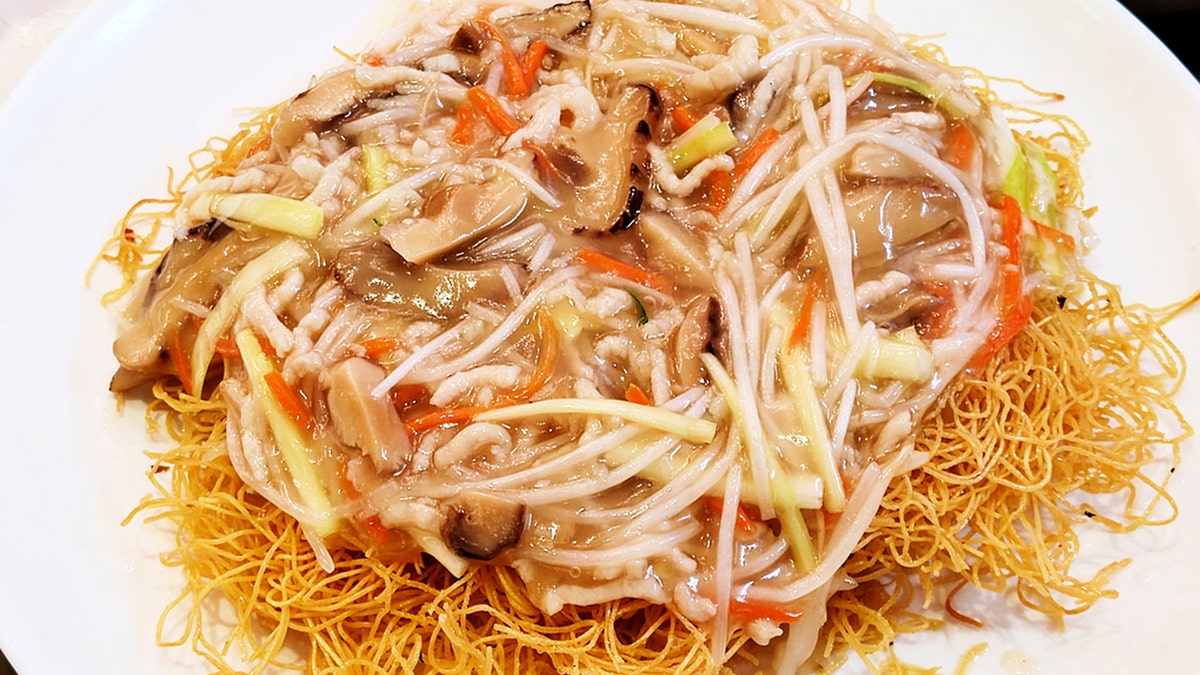
Sometimes, chow mein is served with a "gravy-type sauce," Mark Morales of Sunda New Asian said. (iStock)
Unlike Italian cuisine, where it's "really saucy" when making lo mein or chow mein, "you try to make it as dry as possible," Morales said, using the high heat of a wok to ensure the noodles are able to absorb the sauce.
For more Lifestyle articles, visit www.foxnews.com/lifestyle
As for what Morales prefers to eat, that depends on who's cooking, he said.
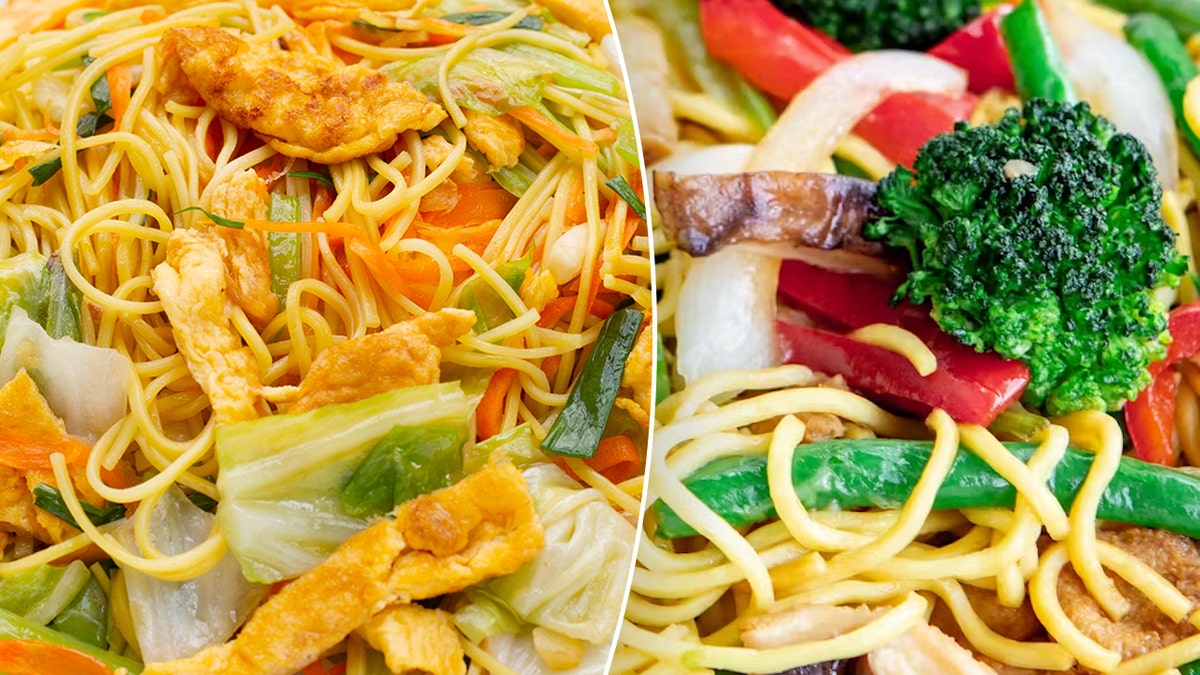
Chow mein, left, has fried noodles — while lo mein, right, is tossed. (iStock; Fuji)
"At home, I like cooking with lo mein. I sub out [egg noodles] for your traditional pastas," he said.
"I like ordering chow mein."
"But at restaurants, I like ordering chow mein because, obviously, you need certain things to make it really good, like a really hot wok or deep fryer," he said — items that are not often found in home kitchens.
CLICK HERE TO GET THE FOX NEWS APP
Chow mein "needs a little bit more ingredients than you would traditionally use at your home," Morales said.

